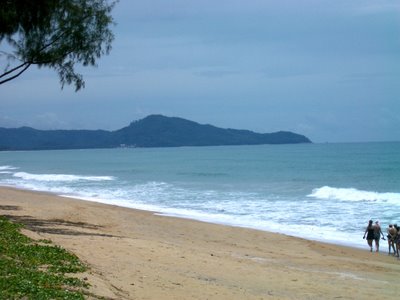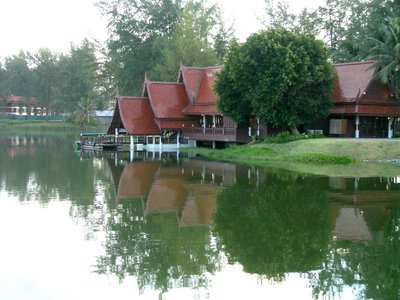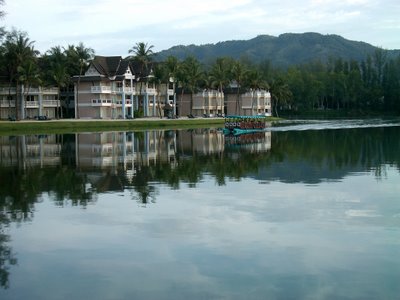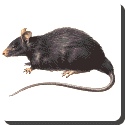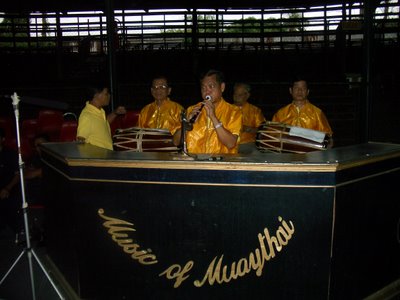Phuket Scouting Mission

One of the highlights of our trip was the sunsets and rolling waves that we enjoyed watching. I got a little carried away with snapping pictures of these, and I’m inserting only a few of the many I took.
That's Doris in the picture on the right, standing next to a lifeguard hut.
We went snorkeling on a day-long trip to Phi Phi Island (yes, it’s pronounced “Pee Pee”), during which we also visited some of the nicest beaches we had ever seen.
In the picture below, Doris is feeding the fish off the side of the boat.
The shots above and below are of the resort we stayed in.



